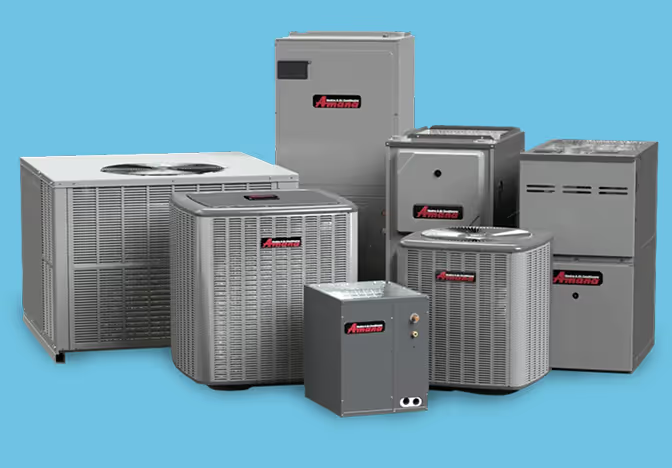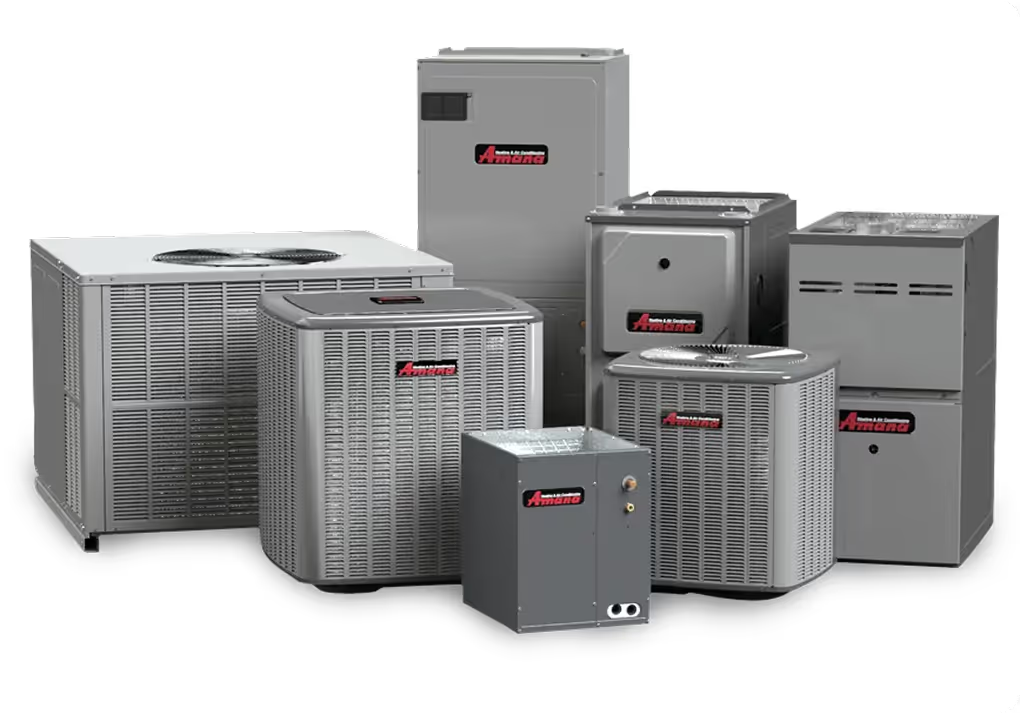For Fuquay-Varina, NC homeowners, a reliable heat pump is vital for year-round comfort. This guide details when to consider a heat pump replacement, focusing on indicators like unit age, frequent repairs, decreased efficiency, and inconsistent temperatures. Proper system sizing and selection are crucial for Fuquay-Varina's climate, ensuring efficiency and comfort during hot summers and mild winters. Understanding SEER (cooling efficiency) and HSPF (heating efficiency) ratings helps in choosing an energy-saving unit. Available heat pump types include common air-source, highly efficient geothermal, and versatile ductless mini-splits. The replacement process involves consultation, removal of the old unit, installation of the new system, and thermostat setup. Permits and inspections are typically required by Fuquay-Varina, ensuring safety and compliance. Most replacements take 1-2 days. Warranties and financing options are available. Post-installation testing confirms proper operation, and regular maintenance, like filter changes and annual tune-ups, maximizes performance. Investing in a new heat pump ensures comfort, improves air quality, and saves energy.
-min.jpeg)
Heat Pump Replacement Services in Fuquay-Varina, NC
For homeowners in Fuquay-Varina, NC, a reliable and efficient heat pump is essential for maintaining comfort throughout the year. As the seasons shift from humid summers to cooler winters, your home's heating and cooling system works tirelessly. When your current heat pump starts to show signs of age or inefficiency, considering a professional replacement becomes a crucial step to ensure consistent indoor climate control and manage energy costs effectively. This guide provides comprehensive information on what to expect from a heat pump replacement service, tailored specifically for the needs of the Fuquay-Varina community.
When Is Heat Pump Replacement Recommended?
Deciding when to replace your heat pump rather than repair it can save you significant money and stress in the long run. Several key indicators suggest it might be time for a new system:
- Age of Unit: Most heat pumps have an average lifespan of 10-15 years. Beyond this age, components start to wear out, leading to reduced efficiency and increased repair frequency.
- Frequent Breakdowns and Repair Costs: If your heat pump requires constant repairs, especially expensive ones, the cumulative cost can quickly approach or exceed the price of a new unit.
- Decreased Efficiency and Higher Energy Bills: An aging or struggling heat pump works harder to maintain desired temperatures, leading to a noticeable increase in your monthly energy consumption and utility bills.
- Inconsistent Heating and Cooling: Uneven temperatures throughout your home, hot or cold spots, or a system that struggles to reach the thermostat setting are clear signs of diminished performance.
- Loud or Unusual Noises: Rattling, banging, squealing, or grinding sounds from your heat pump often indicate failing internal components, which can be costly to fix.
- Refrigerant Leaks: Older systems may use refrigerants that are being phased out, making repairs more challenging and expensive.
The Importance of Proper Sizing and Selection for Fuquay-Varina's Climate
One of the most critical aspects of a successful heat pump replacement in Fuquay-Varina is selecting the right size and type of system for your specific home and our local climate. Fuquay-Varina experiences distinct seasons, with hot, humid summers and mild but occasionally cold winters.
- Correct Sizing: An oversized heat pump will "short cycle," turning on and off too frequently. This leads to inefficient operation, higher energy bills, poor dehumidification in summer, and increased wear and tear on components. An undersized unit, conversely, will run constantly but struggle to maintain comfort, particularly during peak demand.
- Climate Considerations: Your new heat pump must be robust enough to handle the summer heat and humidity, while also providing reliable heating during winter without excessive reliance on auxiliary heat. Professionals assess your home's square footage, insulation levels, window efficiency, and specific load calculations to recommend the ideal capacity.
Understanding Heat Pump Efficiency Ratings: SEER and HSPF
When selecting a new heat pump, understanding its efficiency ratings is crucial for long-term energy savings:
- SEER (Seasonal Energy Efficiency Ratio): This rating measures the cooling efficiency of your heat pump over an entire cooling season. A higher SEER rating indicates greater energy efficiency for cooling. Modern heat pumps typically have SEER ratings ranging from 14 to 20+.
- HSPF (Heating Seasonal Performance Factor): This rating measures the heating efficiency of your heat pump over an entire heating season. A higher HSPF rating means your heat pump uses less energy to heat your home. Current minimums are around 8.2 HSPF, with higher-efficiency models reaching 10 HSPF or more.
Investing in a system with higher SEER and HSPF ratings might have a slightly higher upfront cost, but it can lead to substantial energy bill savings over the life of the unit, making it a wise long-term investment for Fuquay-Varina homeowners.
Available Heat Pump Types for Your Fuquay-Varina Home
Several types of heat pumps are suitable for residential applications, each with unique advantages:
- Air-Source Heat Pumps: These are the most common type. They transfer heat between your home and the outside air. They are versatile, efficient, and suitable for most homes with existing ductwork. Modern variable-speed air-source heat pumps offer exceptional comfort and efficiency.
- Geothermal Heat Pumps: While more complex and costly to install due to the need for ground loops, geothermal systems harness the stable temperature of the earth to provide highly efficient heating and cooling. They offer significantly lower operating costs and a longer lifespan.
- Ductless Mini-Split Heat Pumps: Ideal for homes without existing ductwork, additions, or for zoned heating and cooling, mini-split systems consist of an outdoor unit connected to one or more indoor air handlers. They offer precise temperature control in individual rooms or zones.
The Heat Pump Replacement Process: What to Expect
A professional heat pump replacement involves several key steps to ensure a seamless and efficient installation:
- Initial Consultation and Assessment: Technicians will visit your Fuquay-Varina home to evaluate your current system, assess your heating and cooling needs, measure your home, and discuss your budget and preferences.
- System Removal: The old heat pump components, including the outdoor condenser unit and the indoor air handler/furnace, will be carefully and safely removed. This often includes recovering any old refrigerants responsibly.
- New System Installation:
- Indoor Unit: The new air handler or furnace will be installed in its designated location (e.g., attic, crawl space, utility closet).
- Outdoor Unit: The new condenser unit will be placed on a level pad outside your home, ensuring proper clearance and drainage.
- Refrigerant Lines: New, appropriately sized refrigerant lines will be run between the indoor and outdoor units.
- Electrical Connections: All necessary electrical wiring will be connected and safety checked by a qualified electrician.
- Ductwork Inspection (if applicable): Existing ductwork will be inspected for leaks, blockages, or damage and repaired or sealed as needed to ensure optimal airflow.
- Thermostat Installation and Calibration: A new, compatible thermostat (often a smart thermostat) will be installed and programmed for your new system.
Required Permits and Inspections in Fuquay-Varina, NC
Replacing a major HVAC system like a heat pump in Fuquay-Varina typically requires adherence to local building codes and obtaining the necessary permits from the town. This ensures that the installation meets safety standards and is compliant with all regulations. A reputable service provider will handle all aspects of permit acquisition and scheduling required inspections with the town's building department. This process is crucial for verifying that the new system is installed correctly and safely.
Expected Timeline for Heat Pump Replacement
The timeline for a complete heat pump replacement can vary depending on the complexity of the job and the specific system being installed. Most standard residential heat pump replacements can be completed within one to two days. Factors that might extend this timeline include significant ductwork modifications, electrical upgrades, or the installation of more complex systems like geothermal heat pumps. Professionals strive to minimize disruption to your home during the installation process.
Warranty and Financing Considerations
Reputable heat pump replacement services offer a combination of manufacturer warranties on the equipment (covering parts and compressors) and labor warranties on the installation itself. Understanding these warranties provides peace of mind regarding your investment. Furthermore, many service providers offer financing options to help make the cost of a new heat pump more manageable, allowing homeowners to benefit from increased comfort and energy savings sooner.
Post-Installation Testing and System Start-Up
After the physical installation is complete, technicians will perform a comprehensive series of tests to ensure your new heat pump is operating correctly and safely. This includes:
- Charging Refrigerant: Verifying and adjusting refrigerant levels to manufacturer specifications.
- Airflow Measurement: Checking that proper airflow is distributed throughout your ductwork.
- Electrical Connections: Confirming all electrical connections are secure and functioning.
- Thermostat Calibration: Ensuring the thermostat accurately controls the system.
- Safety Checks: Testing all safety controls and features.
- Operational Check: Running the system in both heating and cooling modes to confirm proper performance.
- User Orientation: Explaining the operation of your new system and thermostat.
Maximizing Performance: Post-Installation Maintenance Tips
To ensure your new heat pump provides optimal performance and energy savings for years to come in your Fuquay-Varina home, consider these maintenance tips:
- Regular Filter Changes: Replace or clean your air filter every 1-3 months, especially during peak usage seasons.
- Annual Professional Tune-Ups: Schedule a professional maintenance check-up once a year to keep your system running at peak efficiency and identify potential issues before they become major problems.
- Keep Outdoor Unit Clear: Ensure the outdoor condenser unit is free from debris, leaves, grass clippings, and shrubs that could obstruct airflow.
- Smart Thermostat Usage: Utilize programmable or smart thermostat features to set back temperatures when you're away or asleep, further reducing energy consumption.
Investing in a new heat pump for your Fuquay-Varina home is an investment in consistent comfort, improved air quality, and long-term energy savings. By understanding the process and choices involved, you can make an informed decision that will benefit your home for years to come.

.avif)
Our featured manufacturer is renowned for their innovative approach and commitment to quality, setting new standards in the industry.


Featured Manufacturer
Amana is known for delivering high-quality heating and cooling solutions backed by industry-leading warranties. With a focus on energy efficiency, durability, and American craftsmanship, Amana products are designed to keep your home comfortable year-round.










.png)
.png)
.png)
.png)
.png)
.png)
.png)
.png)
.png)
